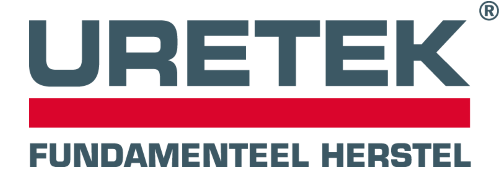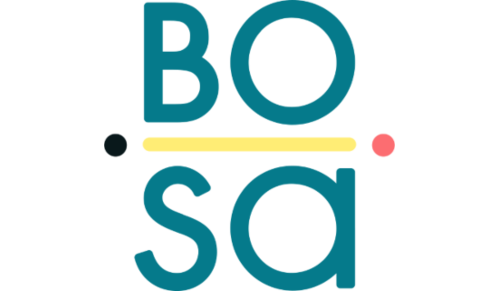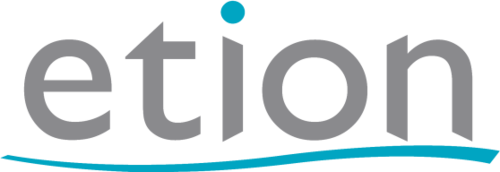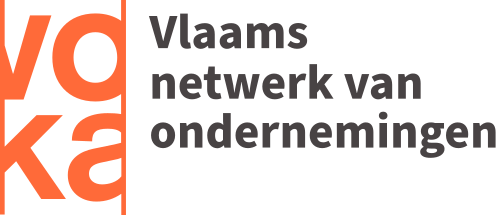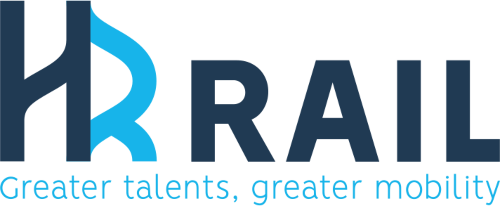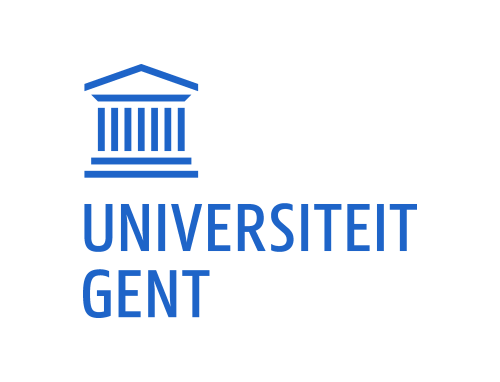Key challenges for employers and teams in 2025
War for talent
The search for talent is more challenging than ever. Companies struggle to fill vacancies in time, as finding the right profile costs a lot of time and money. Moreover, competition in the job market is fierce, which means companies need to stand out to potential candidates.
Retaining talent
Retention of talent is crucial, especially in sectors where the right profiles are scarce. A low retention rate leads to a loss of knowledge, high onboarding costs, and a negative corporate image that can discourage new candidates.
Well-being at work
After COVID-19 and with the enormous rise in the number of burnouts, well-being at work has become a key factor. Employees and candidates increasingly prefer companies where well-being is a core part of the company's operations.
Miscommunication & friction
Teams often consist of individuals with diverse backgrounds, experiences, and thinking and communication styles. This can lead to miscommunications and frictions, especially if neurodiversity is not understood or appreciated.
Reduced team productivity
When employees are not given the right support and do not feel understood and part of the team, this can lead to stress and reduced team productivity and individual resilience.
Sustainability & ESG score
In an era where sustainability is increasingly important, supporting inclusive workplaces is an essential part of the Environmental, Social, and Governance (ESG) strategy.
The importance and value of neurodiversity and neuroinclusion at work
Neurodiversity and neuroinclusion offer a powerful response to these challenges today:
- Neuroinclusion can be a differentiator in the war for talent: Many neurodivergent candidates are missed by traditional recruitment processes. By revising these recruitment strategies, companies can tap from a larger talent pool. Many neurodivergent individuals have specific skills and strengths related to innovation, intrapreneurship, creativity, accuracy, and solving complex problems.
- Better well-being and better team dynamics and team productivity: In work environments that unlock the power of neurodiversity, neurodivergent employees can reach their full potential. In addition, neuroinclusion helps reduce barriers by raising awareness and understanding, resulting in fewer miscommunications and frictions, and better collaboration and team dynamics. It also increases the work happiness and resilience within these neurodiverse teams.
- Better retention rates: Employees who feel accepted, valued and supported will remain longer with an organisation and actively contribute to its success
- Actively working towards sustainability: Moreover, neuroinclusion supports the UN Sustainable Development Goals (SDGs), such as workable work, economic growth, and reducing inequality. At the same time, you are also improving your Environmental, Social, and Governance (ESG) scores.
We also observe that neuro-inclusive companies can better address the specific needs of neurodivergent customers. This not only increases customer satisfaction and customer loyalty, but it also contributes to inclusive products and services. Finally, reports show that companies committed to neurodiversity and inclusion perform better financially.
Are you not so sure if you have neurodiversity within your company? Neurodiversity is present (unconsciously) within every company anyhow. Why are we so confident about this? Research shows that an estimated one in five people of the world’s population is neurodivergent – including dyslexic, highly sensitive, introverted, autistic, or highly gifted individuals, ADHD’ers, Touretters and many others. Of course, having neurodiversity in the company does not mean you are already unlocking the power of it. That will only happen if you effectively and consciously invest in neuro-inclusion.
In short, neuro-inclusion is more than an ethical choice; it is a strategic decision with clear and competitive benefits. A choice that leads to a more inclusive, innovative, sustainable and profitable organisation.
Bjièn is here to guide your company with awareness around neurodiversity in the workplace, as well as implementing neuroinclusive approaches and strategies.






